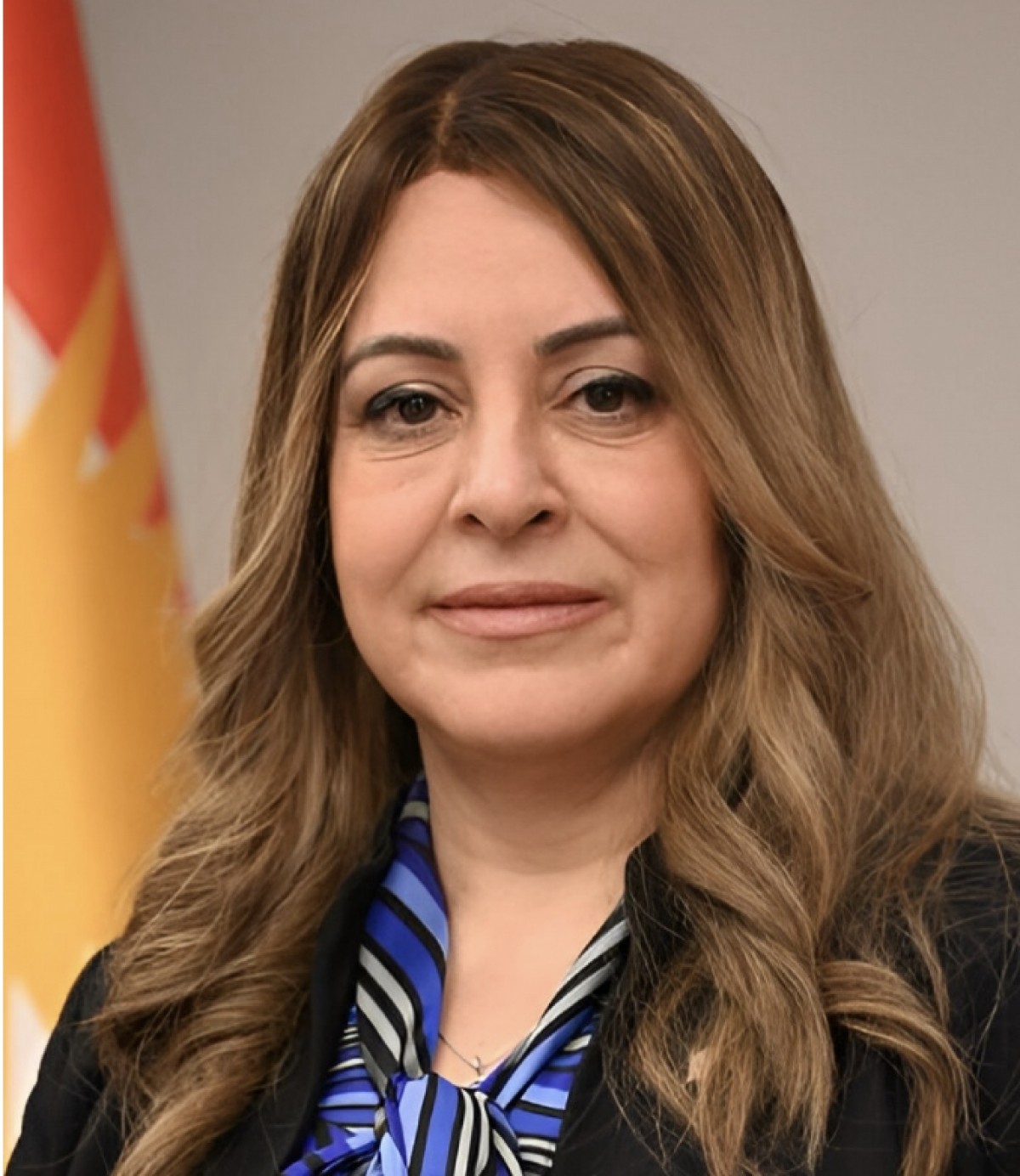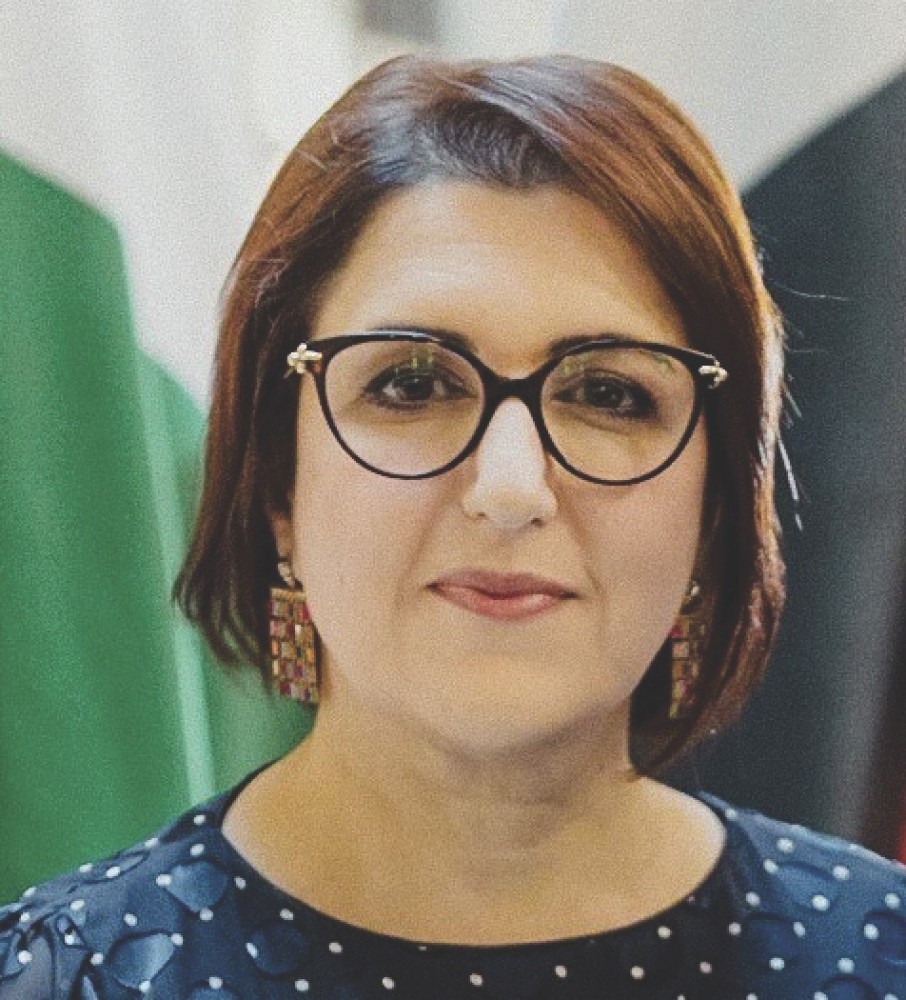The Kurdish Regional Government (KRG), established in 1992, has grown into a significant political entity in the Middle East, governing a region home to around 4-5 million Kurds. Despite sharing a common identity and culture, the Kurds speak a variety of dialects, presenting a linguistic challenge in terms of education and language planning. While scholars have long called for a unified Kurdish writing system to bridge dialectal divides, the search for the “superior dialect” and “preferred writing system” has become a politically charged issue, complicating efforts to standardize the language.
In the northern areas of the Kurdistan Region, dialects like Behdini, Surci, Ezidxani and Hekari are spoken, while in central regions, dialects such as Sorani Mukri, Germiyani, Xoshnaw, Pijhder, Pirani, Wermawe, and Hewleri dominate. The southern areas of the Kurdistan Region are home to dialects like Bajelani, Kelhuri and Gorani, and others, such as Hewrami and Shabaki in the Mosul area, are spoken in distinct pockets. This linguistic diversity poses a major challenge for language planning.
The thorny issues of standardization
The debate over Kurdish language standardization began in the aftermath of World War I, when the fall of the Ottoman Empire gave rise to new nation-states, each adhering to the European notion of “one nation, one people, one language.” As Kurdish leaders pushed for self-determination, language became a political tool. Scholars like Cecil J. Edmonds argued for a unified Kurdish dialect, advocating Babani, the dialect spoken around Sulaymaniyah, to serve as the basis for a standard Kurdish language.
Efforts to codify Kurdish and develop a standardized writing system were numerous between 1918 and 1933, but in Iraqi Kurdistan the Arabic script won the battle based on religious and political grounds. More recently, in 2008, Kurdish intellectuals called for Sorani to be recognized as the official language of the Kurdistan Region, reigniting the debate. This mirrors the language battles of the early 20th century, when Kurdish language planning became entangled in political agendas rather than focusing on linguistic solutions that could unify the diverse dialects.
Whether the reform of Kurdish language to better serve its speakers helps the disparate segments of the Kurdish nation converge, however, is independent of the logistics of physically constructing and legitimately establishing the geographical boundaries for a country called Kurdistan. The creation of a Kurdish nation-state depends on legal, constitutional, and political processes – not solely on language reform.
The role of language in Kurdish identity
Contrary to some nationalist arguments, a nation does not require a single language to exist. The Kurdish people, with their rich cultural and linguistic diversity, have maintained their identity for centuries. Many Kurds no longer speak their ancestral language due to pressures from the states that govern their regions. Nevertheless, language remains a crucial tool for uniting a people, and for Kurds, preserving and fostering the Kurdish language is essential to maintaining a cohesive national identity.
The Kurdish language ultimately requires a practical language policy that embraces its dialectal diversity while facilitating broader communication. This would involve promoting all Kurdish dialects while adopting a unified writing system. A successful language plan would need to respect the unique character of Kurdish society, which is defined by its pluricentric language and demographic diversity.
The KRG has an opportunity, for the first time in history, to oversee its own language planning. Establishing a capable institution to handle this process is crucial. Kurdish language planners should not fear revising past decisions, as the language planning experience in Kurdistan is relatively young. Kurds can learn from other nations’ successes and failures in language policy, such as the Turkish-speaking countries of Central Asia including Turkiye, which, in September 2024, adopted a unified Latin based alphabet to enhance communication across dialects.
A unified writing system
The current Kurdish writing systems present various challenges, such as a lack of cross-dialectal usage and international IT-based standards. To overcome these obstacles, I propose a Kurdish Unified Alphabet (KUAL), based on the International ISO-8859-1 standard, which would allow for the seamless use of Kurdish across different dialects and electronic media.
The KUAL builds on existing Latin-based Kurdish writing systems while introducing minor changes to make the alphabet more flexible and suitable for all Kurdish dialects. By adopting this system, Kurds would be able to write in their own dialects while using a common alphabet that bridges the linguistic gaps between them. Articles written in any Kurdish dialect could be labelled accordingly, fostering curiosity and understanding across dialects.
A unified alphabet would not only make communication more efficient, but also promote national unity. Kurdish media, for example, could play a significant role in this effort by adopting the unified alphabet and promoting common vocabulary, while respecting dialectal differences.
Avoiding a political battlefield
Unfortunately, the debate over Kurdish language reform has often been dominated by political considerations rather than linguistic practicality. Some argue for maintaining the Arabic script, viewing it as a symbol of religious identity, while others champion the Latin-based script as a marker of Kurdish national identity. Both perspectives miss the point: an alphabet is a tool for communication, not a battleground for national symbolism.
Prominent scholars, both Kurdish and non-Kurdish, such as Taufiq Wahby, Cecil J. Edmonds, David Neil MacKenzie, Bedir Khan, Abdull Rahman Haji Ma’ref, Vladimir Minorsky, Amir Hassanpour, and Jamal Nebez, long supported the adoption of a Latin-based alphabet for Kurdish. If not for the political pressures in the aftermath of World War I, Kurds might have adopted a Latin script much earlier. The choice of alphabet should be based on functionality and practicality, not political or cultural biases.
The way forward
A reformed and unified Kurdish writing system like KUAL offers a practical solution to the challenges posed by Kurdish linguistic diversity. By adopting a common alphabet that accommodates all dialects, Kurds can improve communication within their community while preserving the richness of their language. At the same time, the media, and education systems should promote a flexible and inclusive approach to language use, encouraging understanding and unity across dialects.
Language planning is an essential component of nation building, but it should not be politicized. By focusing on practical solutions that benefit all Kurdish speakers, the KRG can develop a language policy that celebrates the diversity of the Kurdish nation while fostering greater cohesion.
Dilan Majid Rostam is an Assistant Professor at the University of Duhok, Kurdistan Region.

